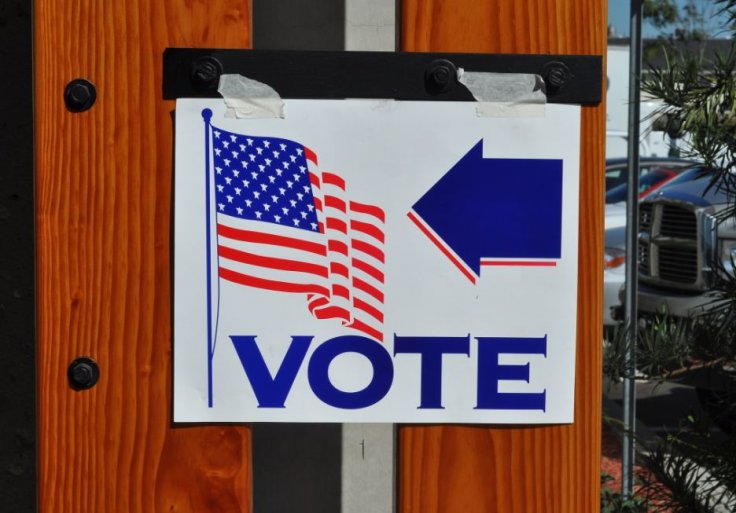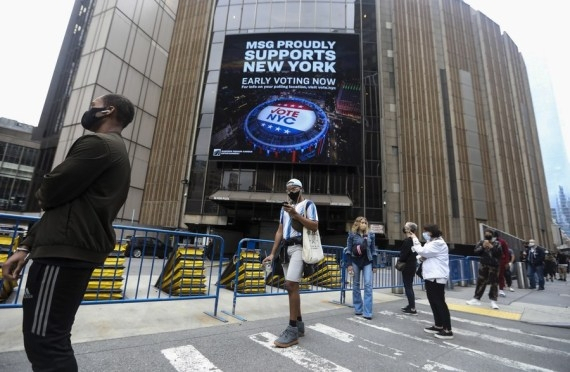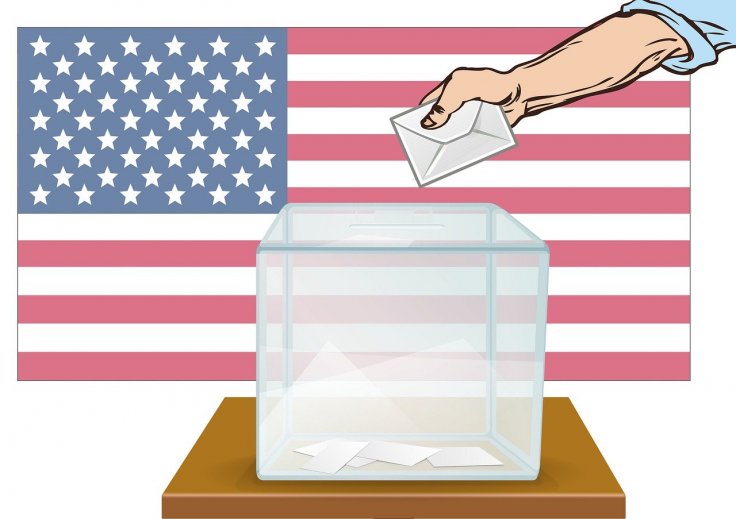In a landmark verdict on Thursday, the US Supreme Court ruled that Arizona's voting restrictions are valid.
The 6-3 verdict is a victory for the Republicans across the country and a setback for the Democrats who had mounted legal challenges to the Republican plan to introduce voting restrictions across the country.
Early ballots and Absentee Voting
The supreme court justices ruled that the restrictions on early ballot collection by third parties as well as on absentee do not violate the Voting Rights Act.

The Democrats had opposed the move, arguing that the Voting Rights Act, a landmark federal law that was passed in 1965, was meant to prevent racial discrimination in voting.
The Arizona voting restrictions, which was mooted after a highly contentious result in the 2020 presidential elections, was challenged by the Democrats as they believed it would disproportionately affect Black, Latino and Native American voters.
However, the court has thrown out a lower court verdict that espoused the Democrats' argument.
Ideological Lines
While the conservative judges voted on ideological lines, the liberal justices dissented from the decision. Conservative Justice Samuel Alito authored the verdict.

Thursday's verdict handed a clear victory to the Arizona Republican Party and the state's Republican attorney general, who had challenged a San Francisco-based 9th U.S. Circuit Court of Appeals verdict that called the restrictions unlawful.
The mere fact there is some disparity in impact does not necessarily mean that a system is not equally open or that it does not give everyone an equal opportunity to vote," Justice Alito wrote.
"Every voting rule imposes a burden of some sort. Voting takes time and, for almost everyone, some travel, even if only to a nearby mailbox. Casting a vote, whether by following the directions for using a voting machine or completing a paper ballot, requires compliance with certain rules," Alito continued.

Biden Disappointed
However, liberal Justice Elena Kagan criticized the ruling, saying it was 'tragic'. "So the court decides this Voting Rights Act case at a perilous moment for the nation's commitment to equal citizenship. It decides this case in an era of voting-rights retrenchment - when too many states and localities are restricting access to voting in ways that will predictably deprive members of minority groups of equal access to the ballot box," Kagan wrote, according to Reuters.
President Joe Biden also expressed his disappointment at the judgment. He said in a statement that he was "deeply disappointed" by the verdict. "In a span of just eight years, the Court has now done severe damage to two of the most important provisions of the Voting Rights Act of 1965 – a law that took years of struggle and strife to secure," Biden said.









